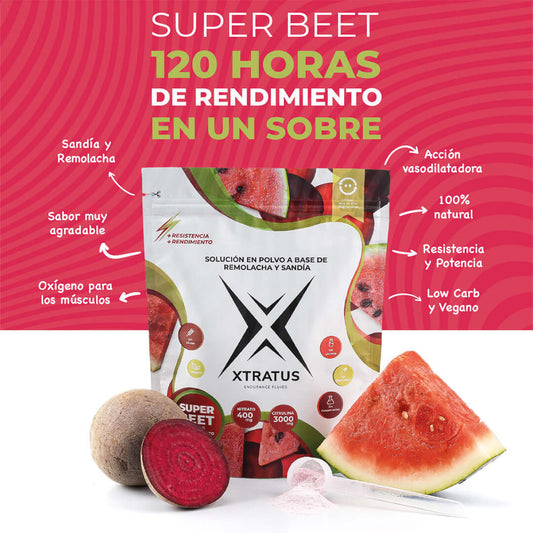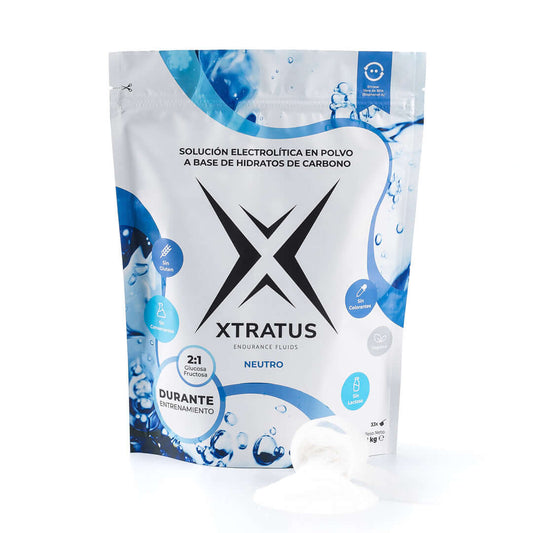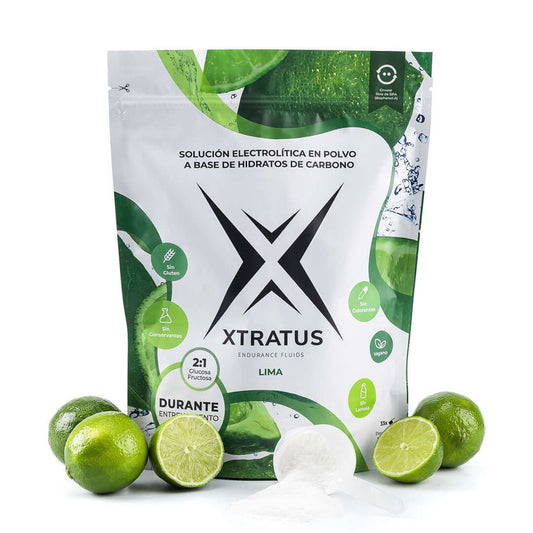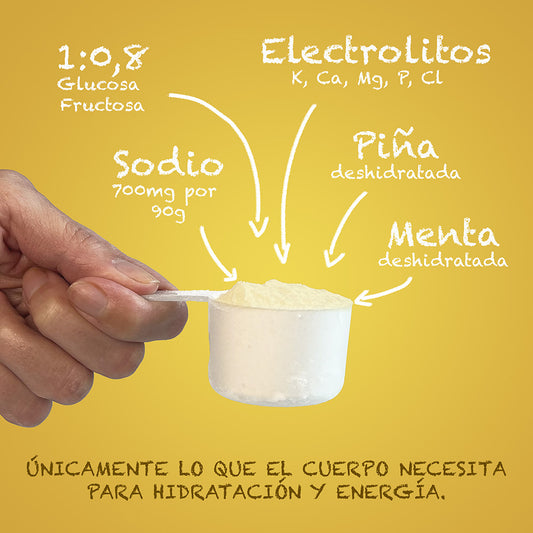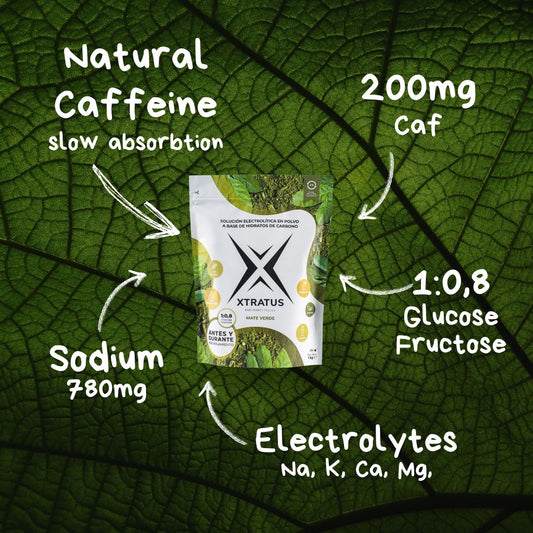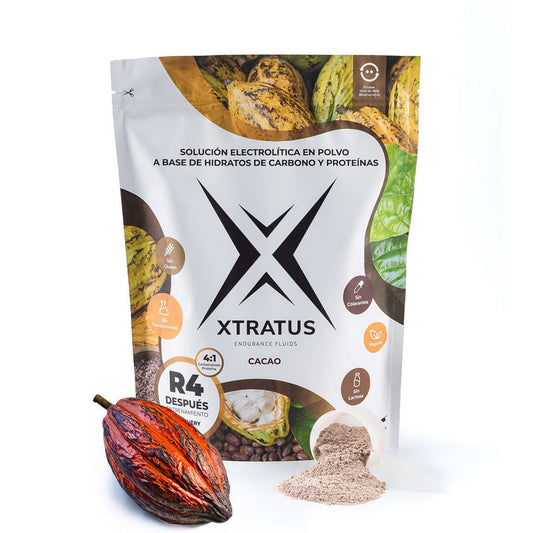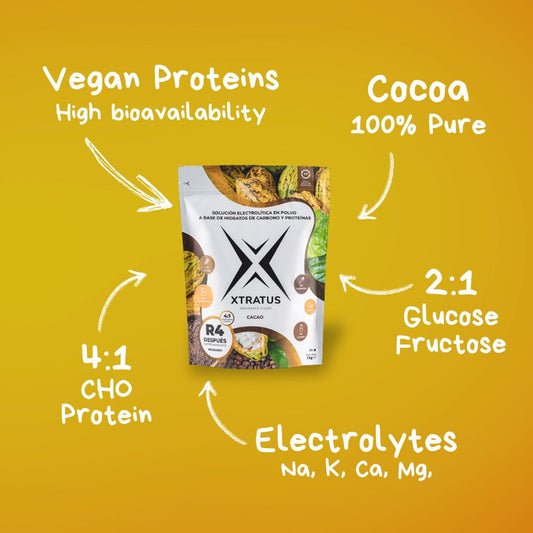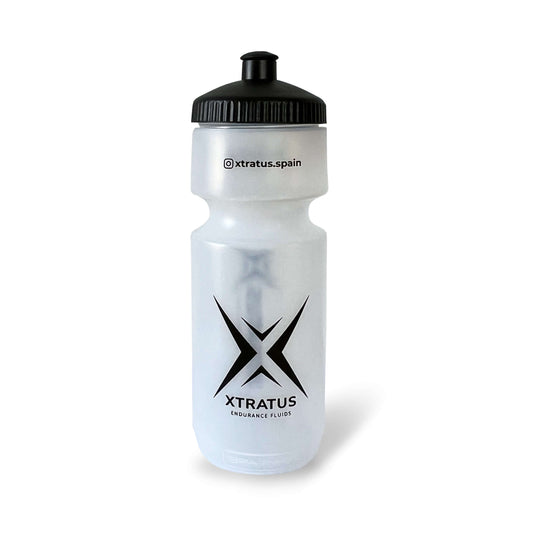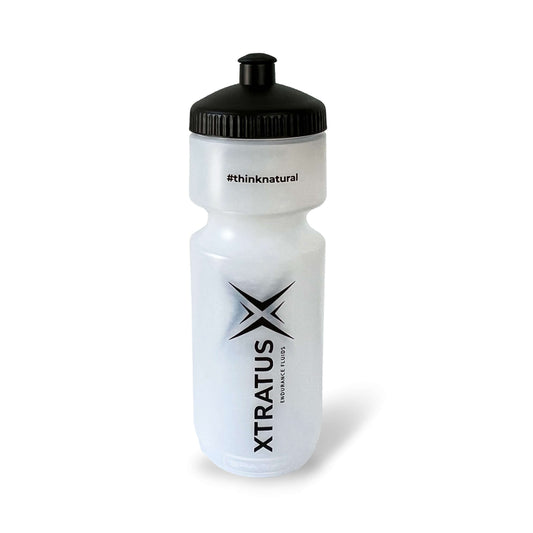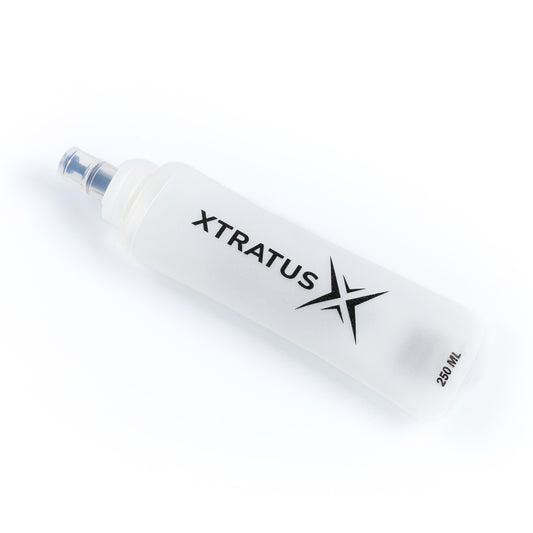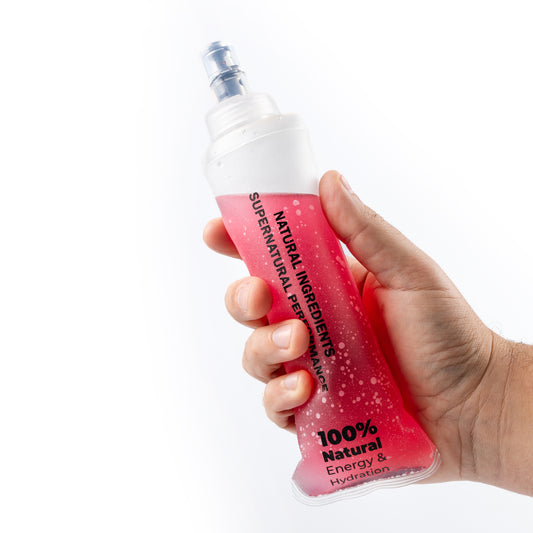
Strategies to continue training hard in winter
We're in the middle of winter, and the weather can be a major challenge for endurance training enthusiasts, as stopping training is impossible.
However, colder and unpredictable weather conditions can make outdoor training routines difficult.
Low temperatures can have impacts on our bodies that go beyond simple laziness. For example, there may be a reduction in muscle performance and recovery capacity, making it difficult to maintain intensity and consistency in training.
But don't get discouraged! With proper preparation, it's possible to maintain an effective training routine and ensure consistent performance.
In this article, we explore different strategies and approaches for winter endurance training, including cold weather adaptation and training options. Shall we go?
Create strategies to adapt to winter training
To maintain your training and preparation throughout the winter, you need focus. This is undoubtedly the first step to ensuring consistency and not getting discouraged. Always have a goal in mind and strive to achieve it!
Another very important point to ensure a good workout is to check the weather forecast and prepare the appropriate clothing for your workout the night before.
Choose days with more stable weather, and be alert to sudden temperature changes, strong winds, or heavy rain. This will ensure greater readiness and safety.
Don't forget to prepare your body for workouts on colder days. Get into the habit of warming up before your workout.
Important! The cold can make muscles more tense, increasing the risk of injury. Performing a routine of stretching and warm-up exercises will help prepare your body for physical exertion.
And speaking of your body, we come to the second essential element to ensure good performance during the winter: good nutrition.
Maintaining proper nutrition can guarantee your energy
Nutrition plays a crucial role in supporting the performance and recovery of endurance athletes during the winter. It will be your greatest ally in maintaining your training pace. But there are some points to consider when doing so.
For example, during the winter, your body needs extra energy to maintain body temperature and compensate for the increased energy demands of training.
Therefore, it is essential that you consume enough calories in your diet to maintain your activity level and avoid a drop in performance.
Among the main examples of what you should consume are fats, carbohydrates and proteins.
During endurance activities in cold weather, such as running or cycling, the body may turn to fat stores when glycogen stores (stored in the muscles and liver) are depleted, especially during long-duration workouts.
Consuming fats appropriately can help maintain body temperature, as their metabolism generates internal heat (thermogenesis). Furthermore, because they are denser than carbohydrates and proteins, a controlled fat reserve can serve as a longer-lasting source of energy.
Regarding carbohydrates, these are also essential for endurance athletes. In addition to being the main source of energy, they will maintain muscle glycogen stores, maintaining your performance during training.
As for protein, it's essential for muscle recovery and repairing damaged tissue during intense workouts. Choose lean proteins, such as meat, fish, chicken, eggs, dairy products, or plant-based alternatives.
To include in the routine: a good supplementation
In addition to a balanced diet, certain supplements can help optimize energy, maintain performance, and promote recovery.
For example, during long-duration and high-intensity workouts, consuming the During Xtratus Training It guarantees ideal carbohydrate intake, providing quick and easily absorbed energy to sustain your workout. It also aids hydration by replenishing electrolytes lost through sweat.
He Cocoa recovery It is also designed to help maintain energy and aid muscle recovery after training or competition.
Remember: Always consult a nutritionist to evaluate the best choice of supplements to include in your diet.
List of what you can't miss in your winter preparations
✔️ Consider indoor workouts at a gym or at home. Use stationary bikes, treadmills, and swimming in a heated pool as a safe and efficient alternative to keep your workout going.
✔️ Even in cooler temperatures, it's important to stay hydrated during workouts. The feeling of thirst may be less in the cold, but sweating still occurs.
✔️ Wear clothing appropriate for cold weather. Create layers that adjust to your workout needs. Also protect extremities such as hands, feet, and head.
✔️ Maintain a balanced diet rich in nutrients and vitamins to strengthen your immune system. This will ensure you have the energy you need for your workouts.
✔️ Choose Xtratus as a supplement during your training sessions and endurance competitions. A natural product, friendly to the digestive system, free of colorants, chemical additives, and preservatives. The healthy energy you need.
You can check the whole line Xtratus and learn how each product can help you by clicking here.
Winter is a time of year with many challenges, but when you stay focused, nothing can stop you.


